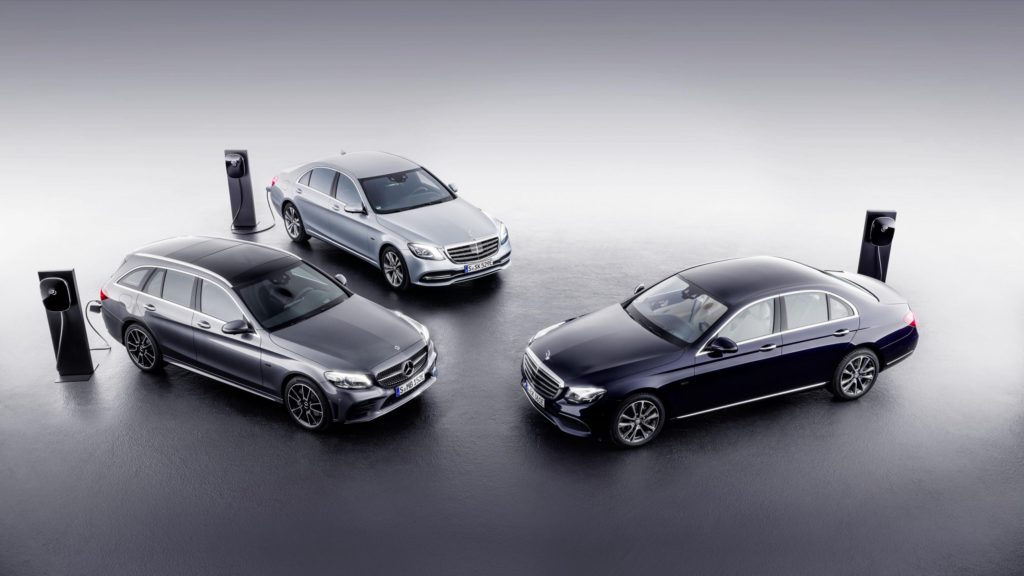Daimler introduces subsidy for diesel retrofitting work
07 August 2019

7 August 2019
Daimler is to offer some of its Mercedes-Benz customers a subsidy to upgrade exhaust filters on older diesel vehicles as the industry looks to avoid blanket city bans.
The carmaker launched a website earlier this week to process applications for financial support as the KBA, the Federal Motor Transport Authority, seeks to approve an aftermarket kit to upgrade the exhaust systems on various Mercedes diesel passenger vehicles.
A €3,000 subsidy package will be available to those customers who are threatened by the implementation of diesel bans, which are currently being rolled out in numerous cities across Germany.
The first retrofit kit for Mercedes cars with ′Euro 5′ diesel engines, including the best-selling E220 and E250 models, has been developed by Dr Pley SCR Technology, a Bavaria-based, family-owned business.
′We have known right from the start that retrofits are feasible and have now proved this to the carmakers,’ said Thomas Steinbrueckner, head of development at Dr Pley SCR Technology.
Retrofit programme
It was first announced in August 2017 that carmakers were to recall around five million vehicles for software retrofits, following a summit between top industry officials and the German Government.
Since then, however, a number of authorities have introduced bans on Euro 5 and older diesels entering certain parts of their cities. This has increased the pressure on carmakers, especially when it comes to the need to retrofit hardware, rather than software.
Initially, manufacturers resisted this pressure, with the cost of hardware recalls considerably higher than software. While the latter would simply involve remapping a vehicle’s ECU to a new, cleaner, emissions mode, hardware would see companies sourcing new components and paying higher labour costs to fit physical products, before remapping engines to accept the new devices.
In December, Chancellor Angela Merkel announced that Germany would pledge around €2 billion to help improve air quality in the country, up from the €1 billion it initially announced. This comes after a meeting with municipal representatives who voiced their concerns that the original pledge was not enough.
The Chancellor said the extra money would be made up with €500 million into the initial pledge for retrofitting cars followed by €432 million for hardware retrofits of small trucks with older diesel engines.
Further resistance
Last month, it was reported that Stuttgart is holding back on introducing its Euro 5 ban after nitrogen oxide (NOx) levels dropped following the implementation of a ban on Euro 4 engines earlier this year.
′Nitrogen dioxide readings dropped significantly at air measurement stations in 2018 and the first half of 2019,’ head of the Ministry of Transport, Ministerial Director Uwe Lahl, told the German Press Agency. ′The air has become significantly better,’ he added.